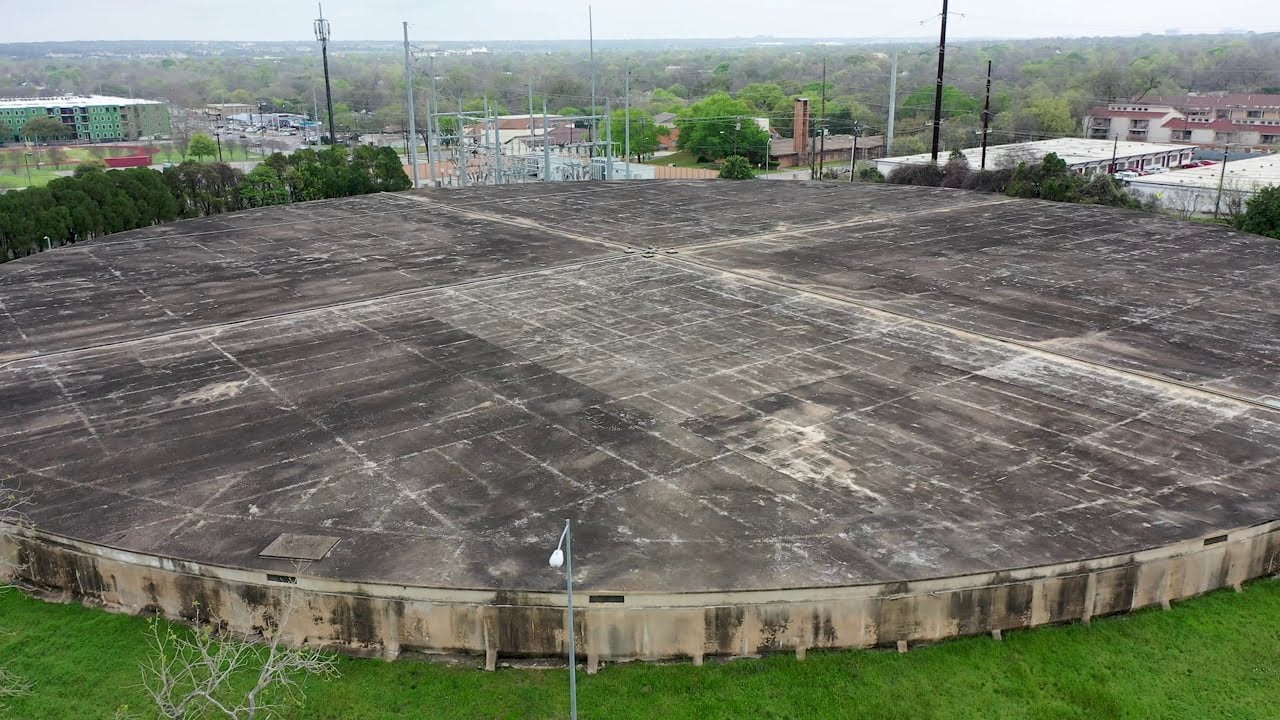On Thursday, City Council unanimously approved a $3 million contract with HDR Engineering Inc. for a study to determine where the water utility might locate an additional new pump station and reservoir in Southwest Austin in conjunction with the Davis Lane Pump Station. Austin Water says that on a day when there is maximum demand, the Davis Lane station operates at 75 percent effective capacity – the highest level of use among the utility’s distribution pump stations.
According to documents provided to Council, the engineering study is necessary “to improve redundancy and relieve the utility’s reliance on the Davis Lane Pump Station.” This study is intended to identify, analyze and recommend a feasible secondary facility and transmission, the utility says.
During Winter Storm Uri in 2021, about half of Texans lost access to clean drinking water. That included people living in far South and Southwest Austin, some of whom were without water for a week. One major reason for that was problems at one water treatment plant, Ullrich, which a review last year found to be “at the center” of four of five high-profile problems over several years.
After problems at Ullrich were addressed, Austin Water officials found out that the southwest and south central areas needed better pressurization.
Shortly after the storm, Austin Water officials acknowledged that they had not considered a winter storm to be a serious threat to the water supply.
Now, three years after that treacherous freeze, the water utility is funding a study that will look at where in Southwest Austin to locate a new pump station. HDR Engineering will also be tasked with considering environmental factors in deciding where a new pump station should be located.
District 8 Council Member Paige Ellis was pleased that Austin Water was moving forward with the project. Ellis told the Austin Monitor, “depending on pressurization, there are some parts of North Austin and southwest corners of town that run out of water first.” She said that during the 2021 freeze, residents of her apartment complex were among those who lost access to water. She said they, like others, had to use bottled water. But some people in the area could not find water or could not leave their homes in order to look for it.
After learning that neighborhoods like Meridian in Southwest Austin did not have water or water delivery, Ellis said that she and Precinct 3 Constable Stacy Suits started to find water that could be delivered from warehouses to those impacted by broken pipes and insufficient water pressure. This was several days before the utility started deliveries in the area. They were not the only ones doing that work, as Travis County reported that it helped an estimated 360 apartment complexes that needed water.
Bill Bunch, executive director of the Save Our Springs Alliance, urged Council not to approve the contract, saying he was “opposed to funding the southwest pressure zone study. This is business as usual. We should not be thinking about having to expand our water pipes. We should be facing reality. … Our water future is not guaranteed by a 100-year contract. We’ve got to make do with the water we have. The idea that we’re going to expand pipes and be pushing obscene amounts of more water is absurd.”
Asked whether the study relates to adding pipes to new residences, Ellis said she did not think so.
“It just makes sure that the system has enough pressure. What a lot of pumps will do is they will pull water up and hold it … at a higher elevation” so the water will be there in case of access problems, she said.


